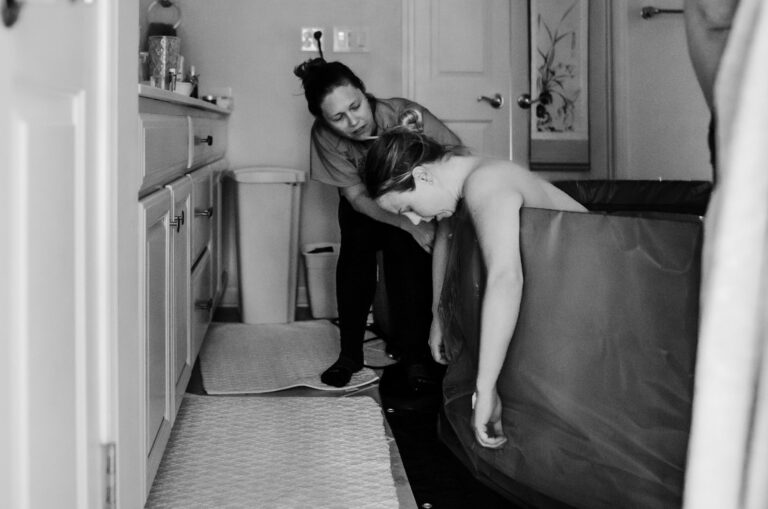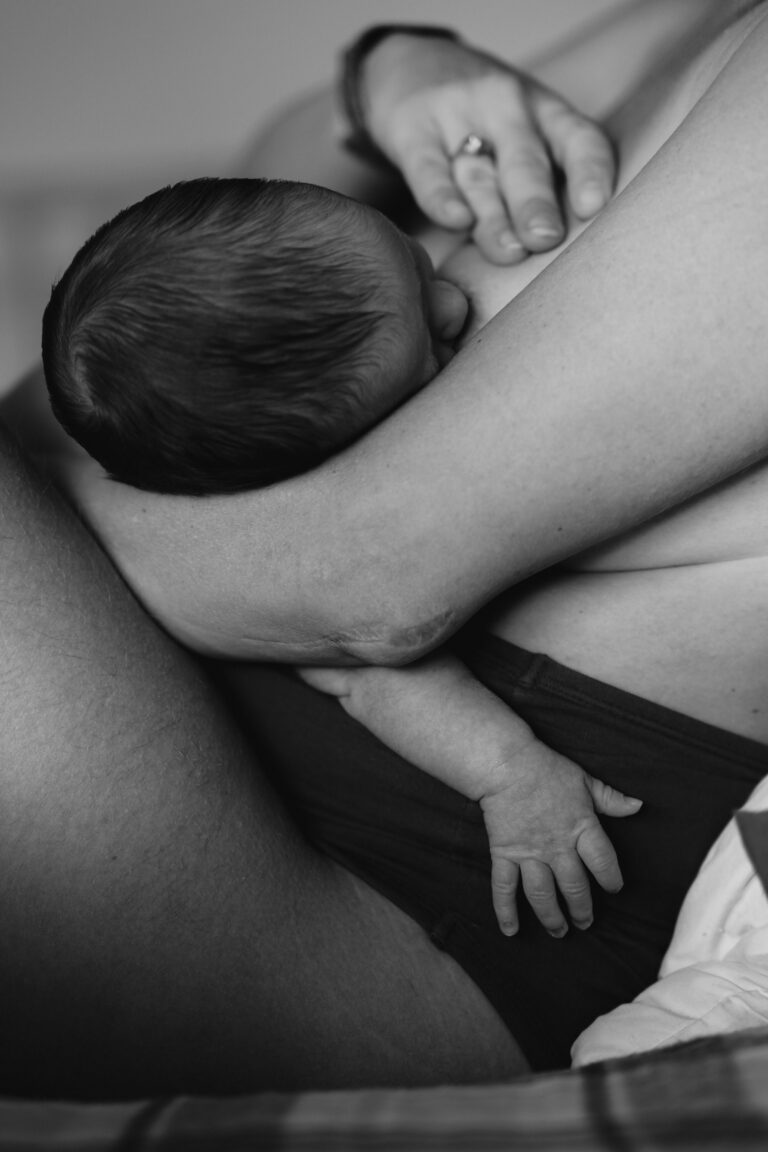Parenting today feels like walking a tightrope—constantly balancing family traditions, scientific guidance, and an ever-evolving swirl of opinions from relatives, friends, and, of course, the omnipresent social media. Whether it’s your mother-in-law advocating age-old remedies, a neighbour sharing the newest “miracle” food, or Instagram serving up picture-perfect family moments that seem impossible to replicate, the question remains at the centre: how to resist social pressure as a parent? Parental instincts collide with outside expectations, self-doubt seeps in, and one wonders—am I really doing this right? No surprise, anxiety rises, and a simple feeding choice can loom larger than Everest. Today, let’s bring clarity, compassion and a scientific lens to everyday parenting dilemmas—offering practical ways to recognise social pressure, assert your values, and nurture confidence, for yourself and your child.
Understanding Social Pressure in Parenting
Every parent, at some point, faces external expectations—sometimes open, sometimes subtle, often wrapped in the language of “concern.” The moment a baby arrives, a chorus of advice (solicited or not) becomes part of daily reality. But what exactly is this force? Social pressure refers to the psychological push parents feel to comply with the norms, behaviours, or opinions of others, whether it’s family elders, school communities, online influencers, or health professionals.
Social pressure in parenting is not always negative. Humans are social beings; guidance from experienced elders or paediatricians sometimes helps. However, trouble brews when pressure is persistent, dismisses your values, or comes with emotional manipulation. Instead of informative discussions about breastfeeding, parenting techniques, or developmental “milestones,” it becomes a source of stress and self-doubt. How to resist social pressure as a parent becomes an everyday query.
Let’s pause. Have you caught yourself comparing your toddler’s naptime schedule with the neighbour’s or feeling guilty after scrolling through a flood of parenting success stories online? This constant stream of comparisons, both offline and virtual, can significantly impact mental well-being, self-esteem, and even parent-child bonding. Children are quick to sense their caregivers’ anxiety, sometimes even before they can express their own emotions.
Why Are Parents Vulnerable to Social Pressure?
At the root? Uncertainty. A new baby brings immense responsibility, sleepless nights, and a steep learning curve. Medical science calls this parental vulnerability—a period when stress and “information overload” can shade self-trust. During this phase, well-meaning advice like “Let the baby sleep on his tummy—it worked for you,” can challenge your choices, especially when expert recommendations and cultural wisdom contradict each other.
- Hormonal shifts postpartum make new mothers especially sensitive to external cues.
- Decision fatigue sets in—small choices (what to feed, when to nap) carry emotional weight.
- Outdated practices, even if passed down generations, may conflict with current health recommendations (Such as exclusive breastfeeding for six months, recommended by the WHO).
- Digital platforms magnify differences; curated posts present an unattainable perfection.
When faced with repeated critique (“Still using diapers at night?” or “Formula feeding isn’t natural!”), cortisol, the body’s stress hormone, can flare. Long-term, such persistent input raises the risk of parental burnout—characterised by exhaustion, irritability, and unintended consequences for the child’s emotional climate.
Recognising the Sources and Types of Social Pressure
Social pressure comes from every corner:
- Elders proposing “time-tested” routines for feeding or sleep training.
- Peer groups: competitive conversations about baby milestones or educational choices.
- Healthcare providers: paediatricians suggesting rigid immunisation schedules or routines without accommodating family context.
- Media and advertisements glorifying specific products or child-rearing styles.
But not all pressure stems from a negative place. Differentiating helpful support from unhelpful intrusion is critical. Ask yourself:
- Does this input help me feel more confident, or less?
- Are my family’s needs respected?
- Do I feel anxious, guilty, or driven to please others over my better judgment?
Persistent emotional discomfort—from anxiety after family visits to guilt post-WhatsApp group discussions—is often a sign that boundaries have been crossed.
Clarifying Values, Needs, and Limits
No two families are identical; what suits your situation may not align with popular consensus. Professional paediatric sources, national guidelines like exclusive breastfeeding, and evidence-based approaches offer a firm foundation. But scientific recommendations must be adapted to your child’s individual needs.
Reflect:
- What are my priorities? (Health, curiosity, discipline, compassion)
- Which parenting choices make me feel proud, regardless of outside opinion?
- Where am I willing to compromise, and where am I firm?
For example, research confirms that both breastfed and formula-fed children thrive when their parents are attentive and emotionally present. Immunisation schedules can be tailored in consultation with a qualified doctor if legitimate concerns arise. Food introduction, sleep routines, and play are rarely one-size-fits-all; following your instincts and scientific guidance — not outside pressure — is the gold standard.
Discuss openly with your co-parent or support system. Articulate family rules and adapt as your child grows (a toddler’s nutrition is a world apart from a five-year-old’s school lunchbox dilemma).
How to Respond Assertively to Pressure
Here comes the practical part—how to resist social pressure as a parent in real-life moments. Assertiveness is a skill: it means expressing your views firmly and politely, without antagonising others or suppressing your own needs. Think of it as emotional “immunity.”
Some tools:
- When faced with insistence (“Why not try cow’s milk at six months?”), use the “broken record” technique: repeat your stand calmly (“We’re following the paediatrician’s advice—exclusive breastfeeding for now”).
- Offer brief explanations: “Solid foods don’t suit our routine right now, but I appreciate your suggestion.”
- Humor disarms tension: “If the baby cries, maybe the neighbours will lend a hand!” (Said with a smile.)
- Respectful redirection: “Let’s talk about something else—I would love your help with recipe ideas.”
- Take breaks: Step away if the conversation feels overwhelming.
Anticipate high-pressure events (festivals, family gatherings). Prepare a few assertive responses in advance. Remember, children watch and learn boundary-setting from parents.
Emotional and Family Impact: The Ripple Effect
Unaddressed stress doesn’t just sit quietly in the adult mind—it radiates through the family. Scientific research links chronic parental anxiety to less responsive caregiving and, in some cases, increased anxiety or perfectionism in children. When parents operate from a place of self-doubt, children sometimes internalise the message that external approval is paramount.
Cultivating emotional resilience starts with self-care—sleep, nutrition, social contact, and, when needed, support from a mental health or medical professional. Modern paediatrics underscores the necessity of parental well-being in promoting healthy physical and psychological development in children.
Strategies for Building a Supportive Network
How to resist social pressure as a parent is easier in company. Connect with others sharing similar values:
- Choose childcare providers or preschools aligned with your beliefs.
- Engage in peer groups that prioritise respect and diversity over competition.
- Limit exposure to toxic social media or polarising discussions. Mute, unfollow, or step back entirely.
- Seek evidence-based resources—medical journals, professional organisations, or reputable paediatric apps.
These choices form an emotional “buffer zone,” reducing the influence of negative pressure.
Teaching Your Child to Manage Social Pressure
Children face their own social reality—playground politics, school bullies, “trends” in food or fashion. Begin early:
- Encourage your child to say “No” confidently. Role-play possible scenarios together.
- Invite open discussions about their experiences and feelings.
- Explain concepts like peer pressure and group dynamics in age-appropriate language.
- Demonstrate critical thinking around media and advertisements—why do we see ads for specific snacks or toys?
Praise effort, foster independence, and model healthy emotional expression—mistakes become an opportunity for growth.
Protecting Your Mental Health and Family Well-being
The science is unequivocal: parental stress, when unrelieved, can escalate into medical concerns—insomnia, mood disturbances, or even hypertension. If anxiety or overwhelm persists, seeking intervention from a medical or mental health professional is a strength, not a flaw.
Practical day-to-day reminders:
- Prioritise self-care, from short walks to conversations with trusted people.
- Assess decisions—are you guided by conviction, or pressure?
- Focus on family strengths without chronic comparison.
- Use secure, scientifically validated tools for support. (A practical tip—application Heloa offers personalised advice and free paediatric health questionnaires for your child.)
Key Takeaways
- How to resist social pressure as a parent centres on clarifying your values, prioritising your child’s best interests, and using assertive communication.
- Outside advice is sometimes beneficial—but consistent boundary-setting and respectful dialogue prevent anxiety from dominating family life.
- A supportive community and validated information buffer the effects of comparison, competition, and conflicting suggestions.
- Children thrive when parents lead by example—asserting autonomy, practising self-care, and fostering emotional openness.
- There are always medically qualified professionals and innovative resources to accompany you on the journey. Download application Heloa for tailored guidance and tools designed for practical parenting.
Questions Parents Ask
How can I build confidence in my parenting choices when everyone around me has a different opinion?
Feeling a bit lost when relatives, friends, or even strangers bring their unsolicited advice—absolutely normal! Slow down, remind yourself of your unique family needs, and trust those instincts. Sometimes, it helps to connect with like-minded parents; exchanging experiences, not comparisons. Over time, as you watch your child bloom in an environment shaped by your genuine care, confidence finds its roots.
What can I do if I feel overwhelmed by criticism or unsolicited advice?
It can get heavy—sometimes, the pressure to justify personal choices piles up. Try simply acknowledging the shared advice, but set boundaries calmly: “Thank you, we’re comfortable with our method.” Taking a moment away from heated discussions or groups, and seeking encouragement from supportive friends or professionals, can restore peace of mind. Breathing exercises and self-care routines are small but reliable tools.
How do I explain my parenting decisions to others without creating conflict?
Clear, kind, and concise. “I’ve observed this works for our family; we’re happy with it.” If disagreements emerge, showing you respect the other’s ideas but need to prioritise your family’s values opens productive dialogue. There’s often no need for lengthy debates—with a bit of practice, gentle persistence communicates strength.









